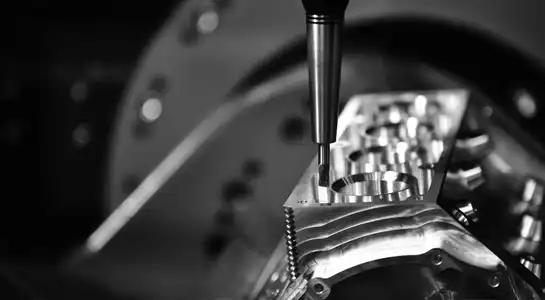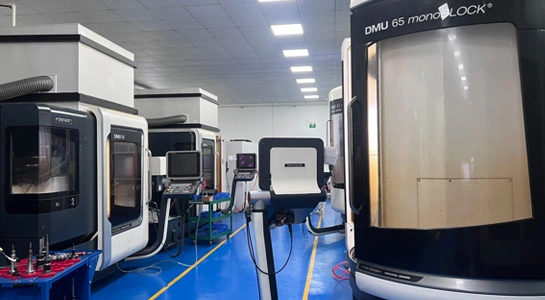How to Choose a Reliable Low-Volume CNC Supplier?
Choosing a reliable low-volume CNC supplier starts with evaluating their expertise in handling small-batch production runs efficiently. Look for providers who specialize in prototypes and low-volume manufacturing, ensuring they use high-quality materials like plastics and metals. Check their track record in industries such as automotive, medical devices, aerospace, and electronics. A good supplier offers fast turnaround times, precise machining capabilities, and a commitment to quality control. Verify their certifications, customer reviews, and ability to integrate processes like CNC machining with other methods such as rapid injection molding or 3D printing. Ask about their material knowledge and how they solve complex design challenges. Ultimately, partner with a team that communicates well and supports your product development from concept to completion. This approach minimizes risks and boosts your project's success.
Understanding Low-Volume CNC Machining Basics
Low-volume CNC machining bridges the gap between one-off prototypes and full-scale production. It allows businesses to produce small quantities of parts without the high costs of mass manufacturing setups. This method shines in creating custom components from plastics and metals, tailored to specific needs in various sectors. Companies often turn to it for testing designs or meeting niche market demands. By focusing on precision and flexibility, low-volume CNC helps innovators bring ideas to life quickly.
What Makes Low-Volume CNC Different from High-Volume Production?
Low-volume CNC emphasizes adaptability over sheer output. Unlike high-volume runs that rely on dedicated tooling for thousands of units, this approach uses versatile machines to handle batches as small as a few dozen. It reduces upfront investments, making it ideal for startups or iterative product development. Suppliers skilled in this area optimize setups for quick changes, ensuring each part meets exact specifications without wasting resources. This difference allows for more experimentation in materials and designs, fostering innovation in fields like robotics and consumer electronics.
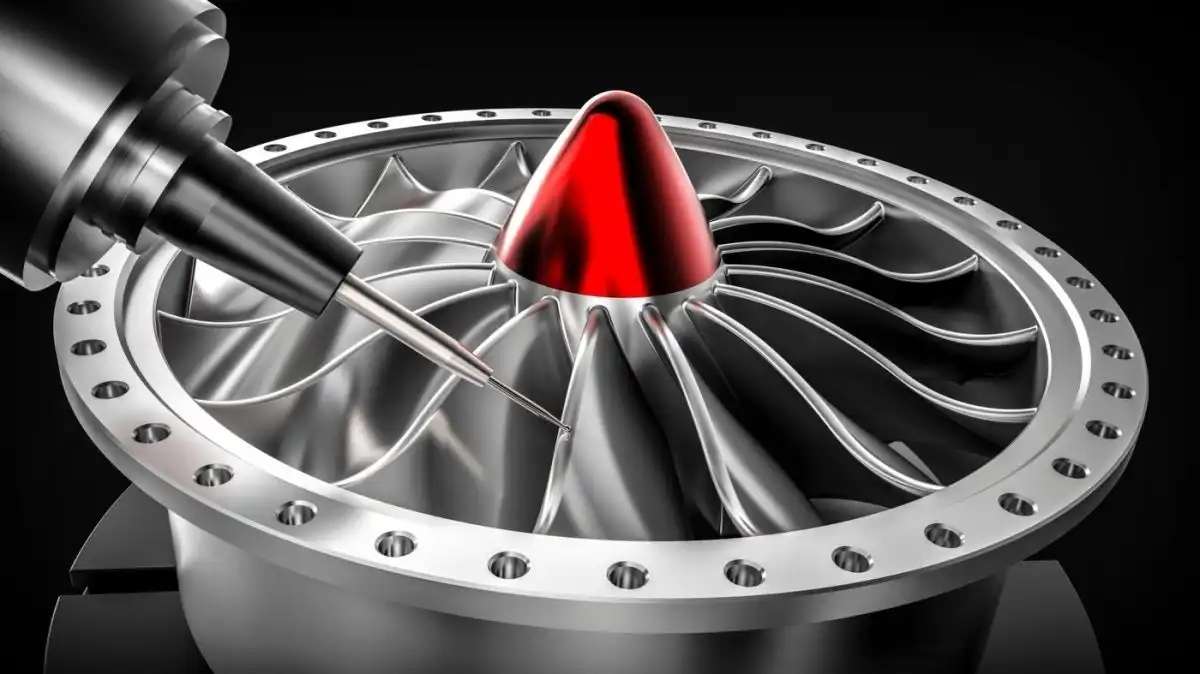
Key Benefits of Opting for Low-Volume CNC Services
One major advantage is the speed to market. With low-volume CNC, you can test prototypes rapidly, gathering feedback before committing to larger orders. Cost savings come from avoiding expensive molds or dies needed in traditional manufacturing. Quality remains high, as advanced machines deliver tight tolerances and smooth finishes. This service also supports a wide range of materials, from durable metals to lightweight plastics, fitting diverse applications in medical enclosures or aerospace components. Overall, it empowers designers to refine products efficiently.
Common Applications in Various Industries
Low-volume CNC finds use in automotive robotics for custom gears and housings that require precision engineering. In medical devices, it produces enclosures and tools that must adhere to strict safety standards. Aerospace and defense sectors benefit from lightweight yet strong parts for prototypes. Consumer electronics rely on it for intricate casings and connectors. Even agriculture uses this method for specialized equipment components. Across these areas, the focus is on reliable, small-batch production that accelerates development cycles and reduces risks.
Essential Factors to Evaluate in a Low-Volume CNC Supplier
When scouting for a low-volume CNC partner, dig into their operational strengths. A solid supplier combines technical know-how with responsive service, ensuring your projects stay on track. They should demonstrate a deep understanding of materials and processes, helping you navigate challenges in prototype creation. Look beyond basic capabilities to see how they integrate solutions for complex needs, like combining CNC with vacuum casting or die casting. This holistic view ensures you pick a team that aligns with your goals.
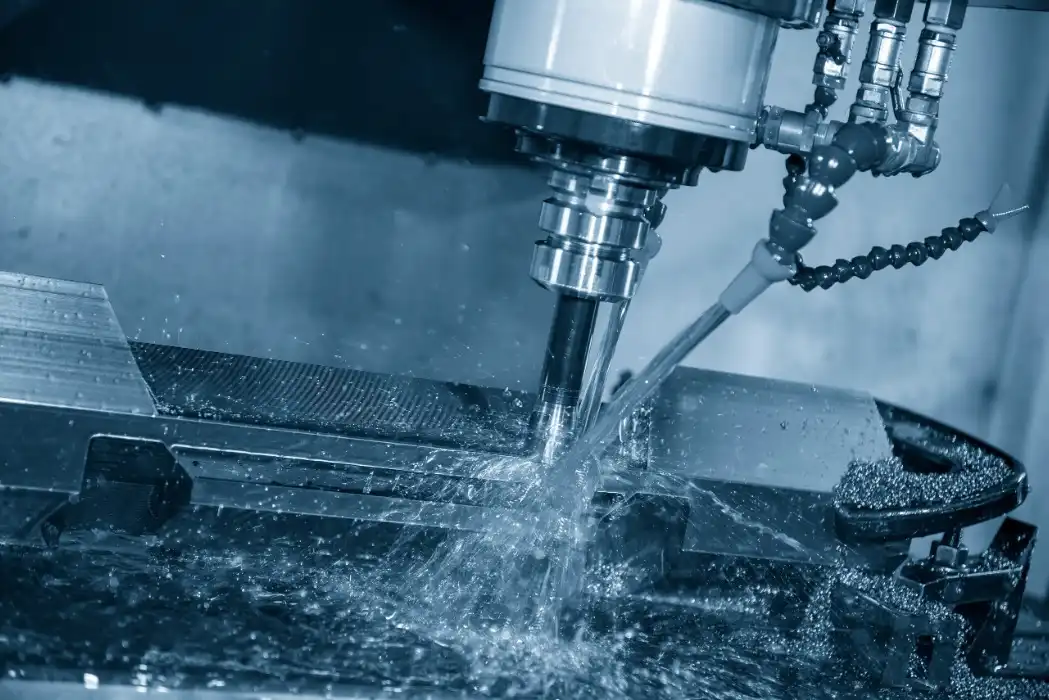
Assessing Technical Expertise and Capabilities
A top-notch low-volume CNC supplier boasts a range of machining tools and skilled operators. They handle intricate designs with ease, using software for precise simulations before cutting. Check if they offer complementary services like rapid tooling or compression molding, which enhance production flexibility. Their team should have experience in diverse materials, advising on the best choices for strength, weight, or cost. This expertise turns potential hurdles into smooth processes, delivering parts that perform as intended in real-world scenarios.
Reviewing Quality Control and Certification Standards
Quality assurance is non-negotiable in low-volume production. Reliable suppliers implement rigorous checks at every stage, from material inspection to final assembly. Seek those with ISO certifications or industry-specific accreditations that signal commitment to excellence. They use advanced metrology equipment to verify dimensions and tolerances. Transparent reporting on defects or rework rates builds trust. In sectors like defense or healthcare, these standards ensure compliance and reliability, protecting your end products from failures.
Evaluating Turnaround Times and Customer Support
Fast delivery keeps your development moving. A dependable supplier quotes realistic timelines based on project complexity and maintains open communication throughout. They prioritize urgent needs without compromising quality, often leveraging efficient workflows. Strong customer support means quick responses to queries and proactive updates. Look for partners who offer design consultations, helping refine ideas early. This level of service fosters long-term relationships, making them an extension of your team in bringing innovations to fruition.
Strategies to Avoid Common Pitfalls in Supplier Selection
Selecting a low-volume CNC supplier involves more than just price comparisons. Smart choices stem from thorough vetting to sidestep delays or subpar results. Focus on long-term value, considering how well they adapt to your evolving needs. By spotting red flags early, you secure a partnership that supports growth. This section explores ways to navigate the selection process wisely, drawing from real-world insights in prototype manufacturing.
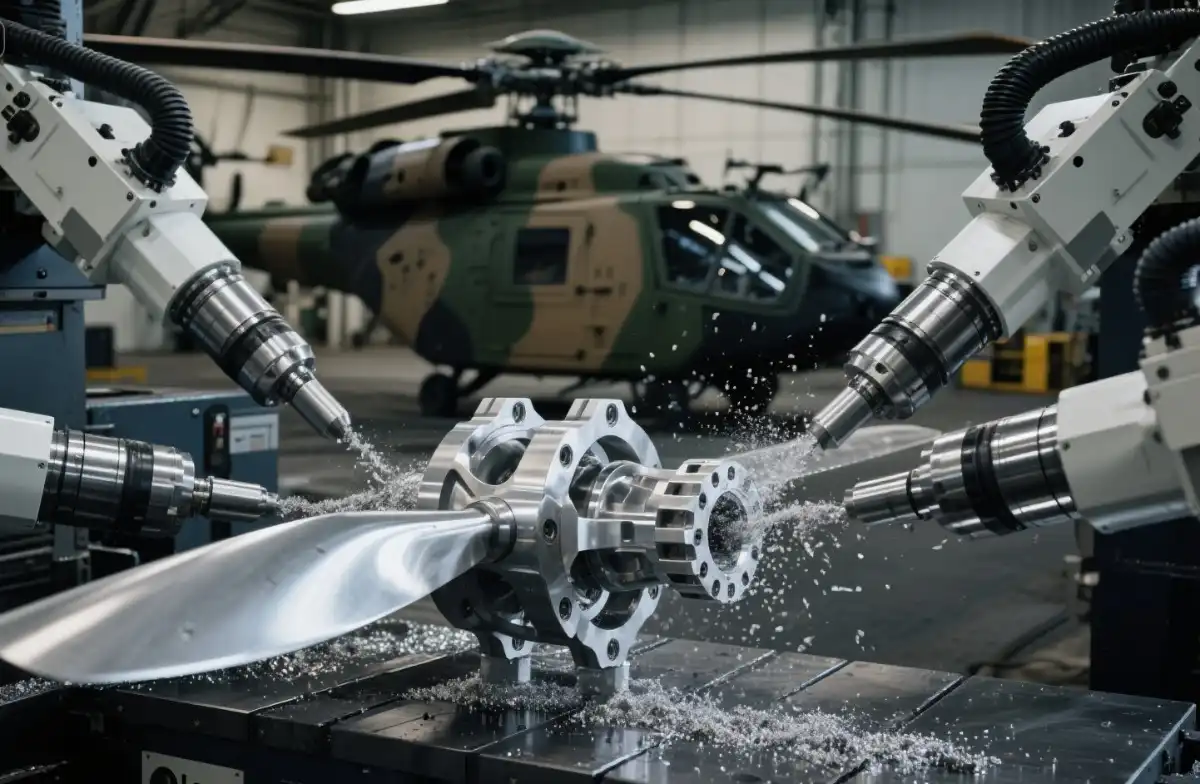
Identifying Red Flags in Potential Suppliers
Beware of suppliers with vague promises or inconsistent communication. If they lack detailed case studies or references, it might indicate limited experience. Overly low quotes often hide corners cut in materials or processes, leading to defects. Check for hidden fees in shipping or revisions. A supplier hesitant to share their facility details or process workflows could be concealing inefficiencies. Trust your instincts - if something feels off, explore other options to ensure reliability.
Conducting Thorough Due Diligence and References
Start by requesting samples of past work in similar materials or industries. Speak directly with previous clients to gauge satisfaction levels. Online reviews and industry forums provide unbiased perspectives. Visit the facility if possible to observe operations firsthand. Verify their financial stability to avoid disruptions. This diligence uncovers strengths like innovative problem-solving or consistent delivery, helping you choose a partner invested in your success.
Negotiating Contracts and Ensuring Scalability
Clear contracts outline expectations for quality, timelines, and costs. Include clauses for revisions and intellectual property protection. Discuss scalability - can they ramp up from low-volume to higher production if needed? Flexible terms allow for adjustments as your project evolves. A good supplier views negotiations as collaborative, aiming for mutual benefits. This foundation supports smooth transitions and adapts to future demands in dynamic markets.
Conclusion
Picking the right low-volume CNC supplier can transform your product development journey. Focus on their expertise in materials, quick turnarounds, and quality guarantees to match your needs. Remember, a strong partner communicates openly and solves complex challenges effectively. By following these tips, you'll avoid common traps and build a reliable collaboration. This leads to better prototypes and faster market entry, giving your projects a competitive edge. Reach out to specialists who understand your industry for the best results.
FAQs
What is low-volume CNC machining?
It's a process for producing small batches of parts using computer-controlled machines, ideal for prototypes and custom runs in plastics and metals.
How does it benefit product development?
It offers flexibility, cost savings, and quick iterations, supporting industries like automotive and medical devices.
What should I look for in a supplier?
Prioritize expertise in CNC machining, rapid tooling, and quality control, plus fast turnaround times.
Can low-volume CNC handle complex designs?
Yes, with integrated processes like vacuum casting or 3D printing, suppliers tackle intricate projects effectively.
How do I ensure material quality?
Choose providers with deep knowledge of plastics and metals, ensuring they match your specifications.
What's the typical turnaround time?
It varies, but reliable suppliers aim for efficient delivery without sacrificing precision. For more details on prototypes and low-volume production, consider specialists who serve global clients across sectors like aerospace and electronics.
Why BOEN Stands Out as Your Low-Volume CNC Supplier?
At BOEN, we excel as a low-volume CNC supplier and manufacturer, delivering top-tier prototypes and small-batch production in plastics and metals. Our global reach supports industries from automotive robotics to medical devices with services like CNC machining, rapid injection molding, and 3D printing. We guarantee fast turnarounds and unmatched quality, solving complex design challenges with expert material knowledge. Partner with us for reliable, innovative solutions that drive your success. Contact us at contact@boenrapid.com to start.
References
"CNC Machining Handbook: Building, Programming, and Implementation" by Alan Overby.
"Precision Machining Technology" by Peter J. Hoffman, Eric S. Hopewell, and Brian Janes.
"Manufacturing Processes for Design Professionals" by Rob Thompson.
"Prototyping and Low-Volume Production: The Essential Guide" by Rob Thompson.
"Additive Manufacturing Technologies: 3D Printing, Rapid Prototyping, and Direct Digital Manufacturing" by Ian Gibson, David Rosen, and Brent Stucker.
"Machining Fundamentals" by John R. Walker and Bob Dixon.

How Can We Help?

Your Trusted Partner in Rapid Manufacturing.

